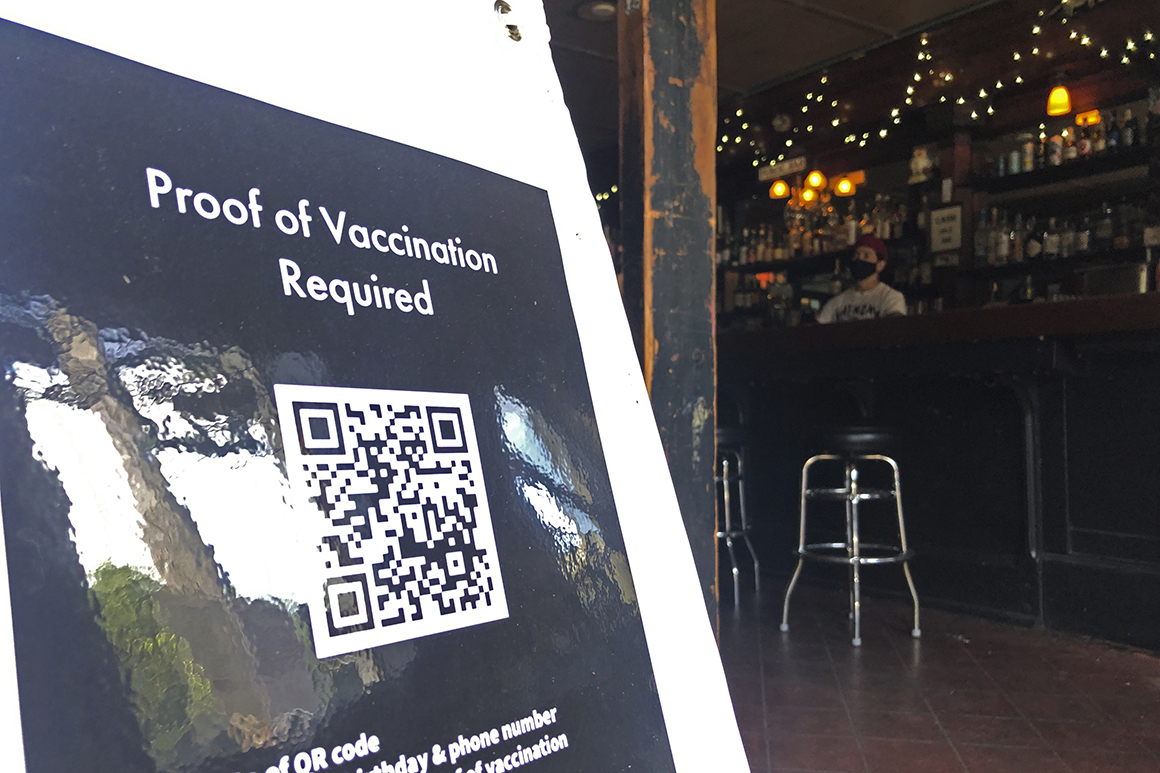OAKLAND, Calif.
Requiring vaccines is more complicated in sectors like retail and agriculture, where employers risk losing workers in a tight labor market and vaccine enforcement could be expensive.
But the diverging policies could widen the pandemic’s already uneven toll by leaving frontline workers, many from low-income communities of color, vulnerable to the highly contagious Delta variant.
A growing roster of public and private employers, from tech giants to health care systems to the federal government, have rolled out vaccine requirements in recent days as case counts explode and hospitalizations rise.
But threatening layoffs — or managing testing programs — is less feasible when a large share of a workforce is unvaccinated.
The divide is even playing out within companies’ own ranks.
The issue has split labor unions across the nation.
Nearly 77 percent of Californians living in the wealthiest communities were fully vaccinated, compared to about 53 percent of those living in the poorest parts of the state, according to state data reported Aug.
Industry leaders have begun discussing the possibility of mandates, Michelin said, though they generally favor softer approaches like education and incentives.
Meat processor Tyson Foods on Tuesday became one of the first major employers of essential workers to announce it would require its 120,000 U.S, employees to get vaccinated, setting a Sept.
The move could mark a major shift in the meat packing sector, which was hard hit by the pandemic, experiencing temporary plant closures and worker deaths.
Such requirements are “just not feasible” in California’s agriculture industry, which has lost about 25 percent of its workforce since the start of the pandemic, said Hernan Hernandez, executive director of the California Farmworker Foundation.
About half the state’s farmworkers have been vaccinated, with another 15 percent undecided and 35 percent refusing, Hernandez said.
Expect the next few weeks to be messy as companies weigh whether to implement vaccine mandates, said Jim Araby, director of strategic campaigns for the United Food and Commercial Workers Local 5.
Some industry groups are calling for a similar approach, arguing that employee perks could increase vaccination rates while avoiding the legal and political headaches that can come with requirements.
In San Francisco, which has some of the highest vaccination rates in the nation, nearly 58 percent of restaurant owners are already requiring their staff to be vaccinated, according to a survey by the Golden Gate Restaurant Association.
